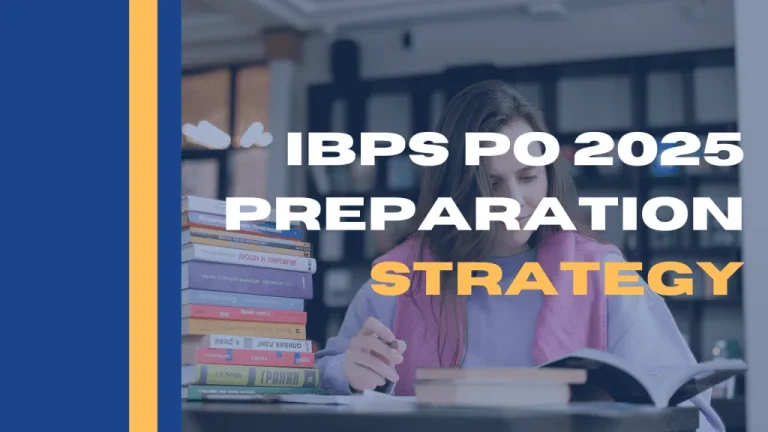Success in banking exams isn’t just about studying hard—it’s about studying smart. Many aspirants dive into preparation without a clear structure, often feeling lost in a sea of topics. Without a roadmap, it’s easy to lose track of progress, miss critical revisions, and feel overwhelmed. A well-planned approach ensures efficiency, balance, and consistent improvement throughout the preparation journey.
The banking exam calendar 2025 is a guiding tool that helps candidates align their study plans with upcoming tests. It provides a clear timeline, allowing aspirants to allocate time strategically for different subjects. By understanding essential dates in advance, test-takers can set realistic goals, avoid last-minute pressure, and focus on improving weaker areas. Read more to learn how the exam calendar can transform your preparation and boost your chances of success.
Mapping Out Your Timeline
Creating a study plan starts with understanding the available preparation window. Some exams may be scheduled months apart, while others may have overlapping timelines. Properly distributing subjects ensures complete coverage without overburdening any single phase of learning.
Breaking down topics into weekly or monthly targets helps maintain a steady pace. Candidates should allocate extra time for complex sections while revising easier topics regularly. A well-structured approach prevents procrastination and ensures steady progress without burnout.
Prioritizing Exams Based on Goals
Not every test carries the same level of importance for every aspirant. Some candidates aim for clerical positions, while others focus on probationary officer roles. Understanding the requirements of each test helps in setting realistic priorities.
Once preferences are clear, allocating study hours becomes easier. Candidates can focus more on exams that match their skill set and career aspirations, preventing unnecessary distractions and allowing them to perform better on preferred tests.
Creating a Balanced Daily Study Routine
A good study plan isn’t just about long hours—it’s about efficiency. Studying for extended periods without proper breaks often leads to fatigue and reduced retention. Intelligent scheduling ensures better focus, consistent learning, and improved recall.
Each study session should include a mix of subjects to maintain engagement. Combining problem-solving, reading comprehension, and revision helps keep preparation well-rounded. Adding short breaks between study blocks enhances concentration and prevents mental exhaustion.
Practicing with Mock Tests and Previous Papers
No study plan is complete without regular practice tests. Mock exams simulate actual conditions, helping candidates improve accuracy, speed, and decision-making under pressure. Practicing frequently builds confidence and eliminates exam-day anxiety. Analyzing mock test results helps identify weak areas, allowing candidates to refine strategies for better performance.
Using past question papers further strengthens preparation. These papers provide insights into familiar patterns, frequently tested concepts, and difficulty levels. Reviewing performance in these assessments helps refine strategies and focus on weak areas before the actual test. Solving these papers under timed conditions enhances time management skills, ensuring better accuracy during the exam.
Adapting to Changes in Dates or Patterns
Competitive exams sometimes undergo schedule changes or modifications in question formats. Flexibility with a study routine ensures unexpected shifts don’t disrupt preparation. Staying updated with official notifications prevents last-minute surprises.
Adjusting plans based on new developments allows candidates to maintain momentum. Instead of panicking over sudden changes, they can modify schedules and continue focusing on performance. Adaptability is key to handling any unforeseen challenges effectively.
The banking exam calendar 2025 is crucial in structuring a winning study plan. A well-planned routine eliminates guesswork and ensures steady improvement. With a balanced approach, mock test practice, and adaptability, aspirants maximize their chances of success. Success in these exams isn’t just about covering topics—it’s about strategic preparation, brilliant execution, and unwavering commitment.

